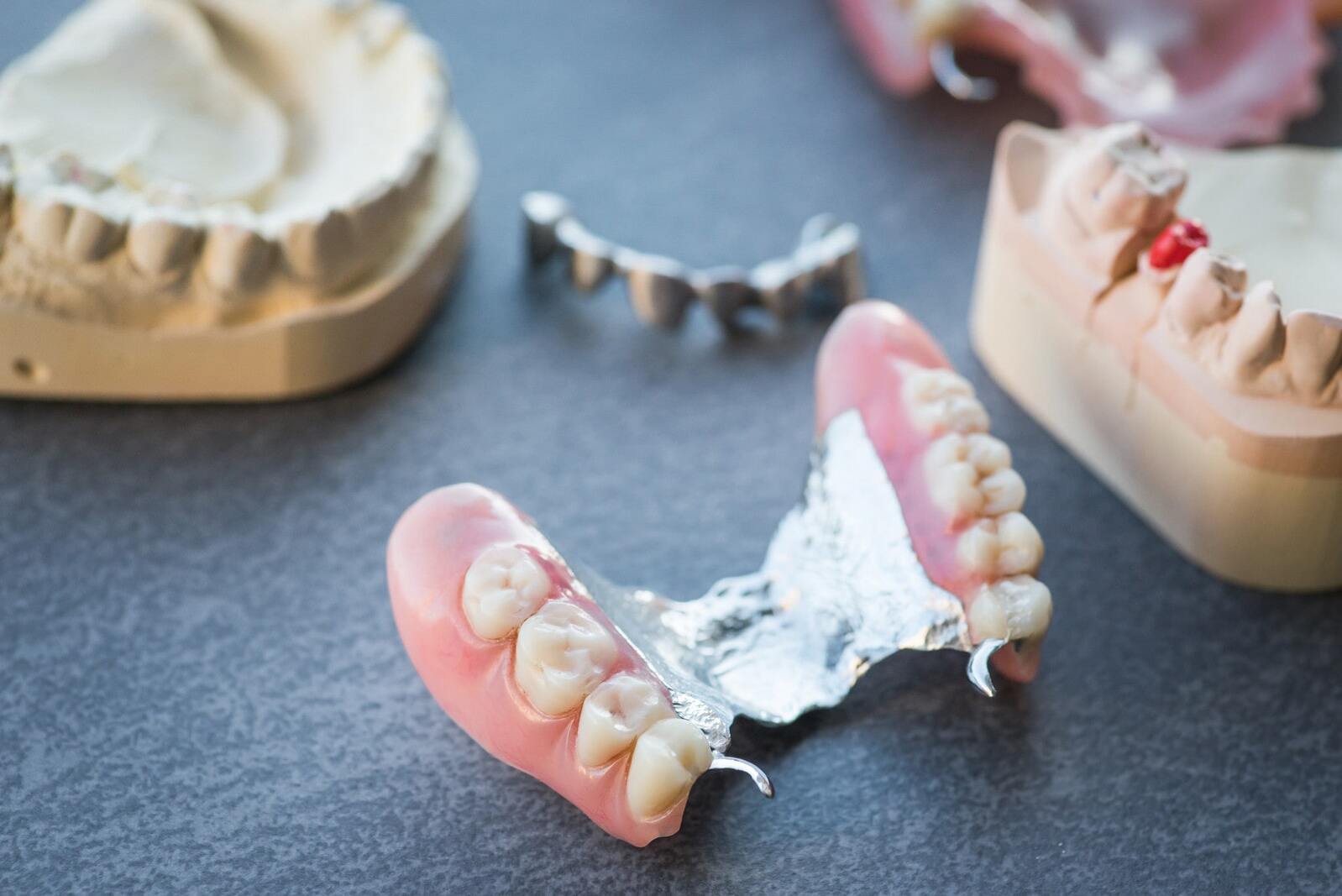Sleeping with dentures can disrupt saliva flow by restricting the saliva’s route, resulting in a condition known as denture stomatitis. Thrush, also known as denture stomatitis, is when the region behind your dentures becomes red and swollen, resulting in yeast-infected, inflammatory gums.
You’ve finally received your brand-new dentures! Dentures near you work as a bandage and help your gums recuperate faster, so keeping them in for the first night is entirely natural (and even advised by dentists). Is it good to wear dentures all night, or should you avoid them? The short answer is that sleeping with dentures does more harm than good. Continue reading to find out why! Following the methods below will not only keep your dentures stain-free and bacteria-free, but they will also give your gum tissue a well-deserved break.
Why Wearing Dentures 24/7 is Not Encouraged
A dentist near you will tell you how inadequate denture care can affect denture wearers’ health in areas ranging from the aesthetic, such as discoloration, bad breath, and changes in taste, to more serious concerns, such as gum disease, inflammation, and potentially life-threatening illnesses like pneumonia, particularly in the fragile elderly.
Following are four easy-to-follow actions for regular denture care:
- First, brush your dentures regularly with a soft brush and a non-abrasive cleaning. Regular toothpaste will damage the surface of your dentures.
- Second, they recommend soaking your denture daily to disinfect and remove any hazardous bacteria. Cleaning your dentures with a soft brush and plain soap under running water is sufficient since it eliminates the possibility of mistaking the denture cleaning solutions for drinking water. However, using denture cleansers by people with cognitive difficulties can be dangerous.
- Third, remove your dentures at night to rest your mouth and gums and avoid infection.
- Get regular dental checkups to monitor your oral health and denture quality.
The Case Against Sleeping with Your Dentures in Your Mouth
Hygiene, safety, aesthetics, infection prevention, and comfort are all factors to consider before sleeping with your dentures.
Hygiene of the mouth
Dentures washed and soaked overnight are disinfected and cleaned, reducing the risk of foul breath and a bad taste in your mouth. Dentures should be removed when sleeping to allow your mouth and gum tissues to heal from the day’s biting and chewing.
Are dentures safe to wear?
Like most items that improve our lives, dentures in Dearborn are safe if they are utilized in the right way. Your safety and comfort are maintained with proper cleaning procedures and commitment to expert guidelines for denture wear. Neglecting adequate maintenance or disobeying usage instructions will have negative implications.
Infection prevention
According to a study by the Journal of Dental Research, there is scientific evidence that dentures should not be worn when sleeping. It may increase the bacteria strain in your mouth and create dental irritation. Additionally, allowing your mouth to heal from tender spots or rubbing reduces the risk of infection.
You can reduce the risk of Candida albicans if you habitually soak your dentures overnight in the recommended solutions. Keeping dentures in a dry towel or container overnight would also avoid the spread of this deadly fungal pathogen. On the other hand, if you store your dentures in water, it may stimulate pathogen growth.
The verdict is whether you should leave your dentures overnight. Our dentist in Dearborn advises against it. Hygiene, safety, infection control, and physical and emotional comfort are among the reasons given by Royal Dentistry. However, there are a few exceptions, such as emergency dentures that must be left in for a few days and instances where you believe being ‘gummy’ would be too embarrassing.

